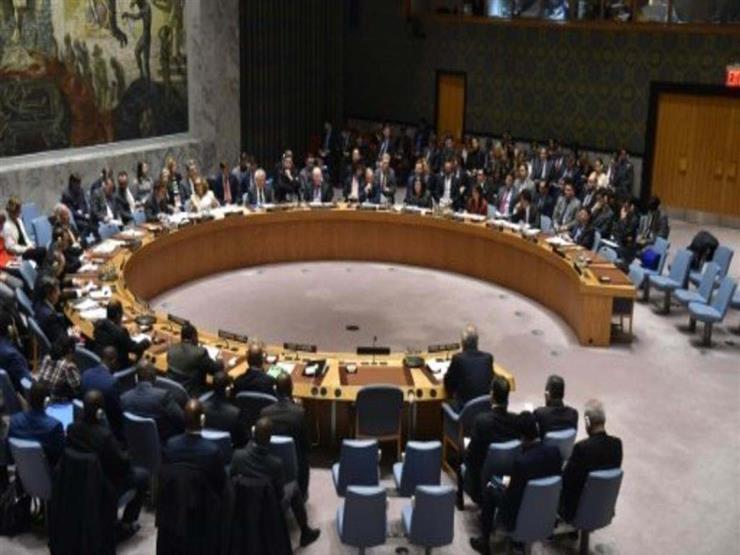Bloomberg
Egypt and Sudan condemned Ethiopia’s start of the second phase of filling a controversial Nile dam, warning the move violates existing agreements and threatens security in the region.
The comments, in a statement from the Egyptian Foreign Ministry, came after the two countries said they’d been informed by Ethiopia that it resumed filling the Grand Ethiopian Renaissance Dam — a project the two North African nations fear will curtail their access to a vital source of fresh water. Egypt is taking its case to the United Nations Security Council this week.
Egypt and Sudan condemned Ethiopia’s start of the second phase of filling a controversial Nile dam, warning the move violates existing agreements and threatens security in the region.
The comments, in a statement from the Egyptian Foreign Ministry, came after the two countries said they’d been informed by Ethiopia that it resumed filling the Grand Ethiopian Renaissance Dam — a project the two North African nations fear will curtail their access to a vital source of fresh water. Egypt is taking its case to the United Nations Security Council this week.
The step “represents a dangerous escalation that reveals Ethiopia’s bad faith,” Egypt’s Foreign Ministry said. The move violates international laws and norms and existing agreements on sharing Nile water, it said.
Ethiopia has argued the GERD project, which includes a 6,000-megawatt power plant, is key to its long-term development goals, and has sought to downplay concerns by Egypt and Sudan that the project will impact their access to water. It’s also remained largely intransigent in the face of efforts to involve outside help, rejecting a recent Egyptian-Sudanese proposal to add the UN, the U.S. and the European Union as mediators.
Sudan’s chief negotiator on the dam, Mustafa Hussein, confirmed Ethiopia had notified his government that the filling had commenced. “They sent a nonsense letter,” Hussein said by phone.







